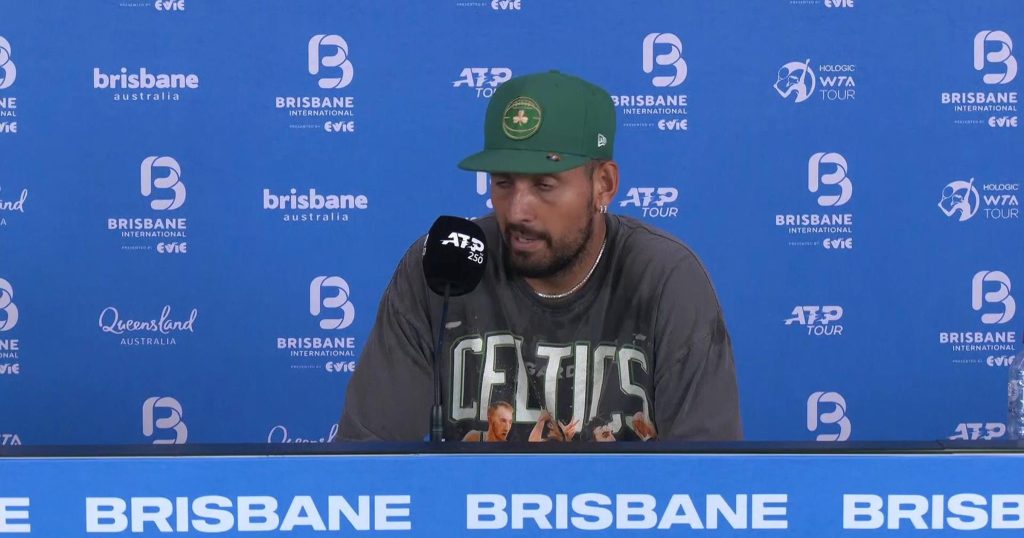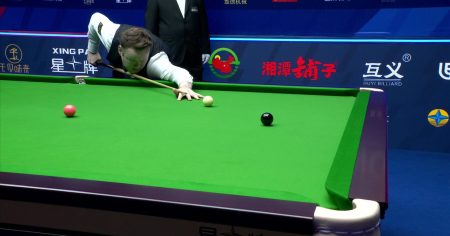The tennis world was rocked by allegations of doping against two of its rising stars, Jannik Sinner and Iga Swiatek, both of whom held the world number one ranking at the time of their respective tests. The news sent shockwaves through the sport, raising questions about the integrity of the game and the effectiveness of anti-doping procedures. Details surrounding the substances involved and the specific circumstances of the tests remained shrouded in ambiguity, fueling speculation and debate within the tennis community and beyond. The situation highlighted the precarious balance between maintaining a competitive environment and ensuring fairness and ethical conduct within professional sports.
The response to the doping allegations was swift and varied, with opinions ranging from condemnation to cautious skepticism. Some pundits and fellow players immediately called for harsh penalties, emphasizing the need to deter future violations and preserve the integrity of the game. Others advocated for a more measured approach, emphasizing the importance of due process and acknowledging the potential for false positives or mitigating circumstances. The cases underscored the inherent complexities of anti-doping efforts, where balancing the need for swift and decisive action with the right to a fair hearing can be challenging. The accusations against Sinner and Swiatek posed a significant test for the governing bodies of tennis, forcing them to navigate a delicate situation fraught with legal and ethical considerations.
Adding fuel to the fire, outspoken Australian tennis star Nick Kyrgios entered the fray, publicly criticizing the handling of the Sinner and Swiatek cases. Speaking at a press conference preceding the Brisbane International, Kyrgios didn’t mince words, describing the situation as “handled horrifically” and “disgusting for our sport.” He argued that the lack of transparency and the perceived slow pace of the investigations were detrimental to the image of tennis and unfair to the accused players. Kyrgios, known for his candid nature and willingness to challenge authority, further questioned the efficacy of the current anti-doping system, suggesting that it was prone to inconsistencies and lacked the necessary robustness to effectively combat doping in the sport.
Kyrgios’s comments ignited a new wave of controversy, drawing both support and criticism from within the tennis world. Some lauded his willingness to speak out against perceived injustice and call for greater accountability within the sport. Others viewed his pronouncements as grandstanding and counterproductive, arguing that his outspokenness undermined the ongoing investigations and further complicated an already sensitive issue. The debate surrounding Kyrgios’s intervention highlighted the deep divisions within the tennis community regarding the handling of doping cases and the broader issue of athlete advocacy. His comments, regardless of their perceived merit, injected a new layer of complexity into an already challenging situation.
The Sinner and Swiatek doping cases brought into sharp focus the ongoing challenges facing professional tennis in its fight against performance-enhancing drugs. The cases exposed the potential vulnerabilities in the existing anti-doping framework and raised concerns about the effectiveness of current testing procedures. The subsequent debate sparked by Kyrgios’s remarks further emphasized the need for greater transparency and communication from governing bodies, as well as a more streamlined and efficient process for handling doping allegations. The situation underscored the importance of maintaining public trust in the integrity of the sport and the imperative to strike a balance between protecting athletes’ rights and ensuring a level playing field.
Beyond the immediate ramifications of the Sinner and Swiatek cases, the controversy surrounding their alleged doping violations and Kyrgios’s subsequent criticism highlighted a broader conversation within professional tennis. The incident forced a re-examination of the efficacy of anti-doping programs, the role of player advocacy, and the importance of maintaining transparency and accountability within the sport. The long-term consequences of these cases could lead to significant reforms in anti-doping procedures, a greater emphasis on athlete education, and a more proactive approach to addressing the complex challenges posed by performance-enhancing substances in professional sports. Ultimately, the Sinner and Swiatek cases served as a catalyst for critical reflection and potential change within the world of tennis.














